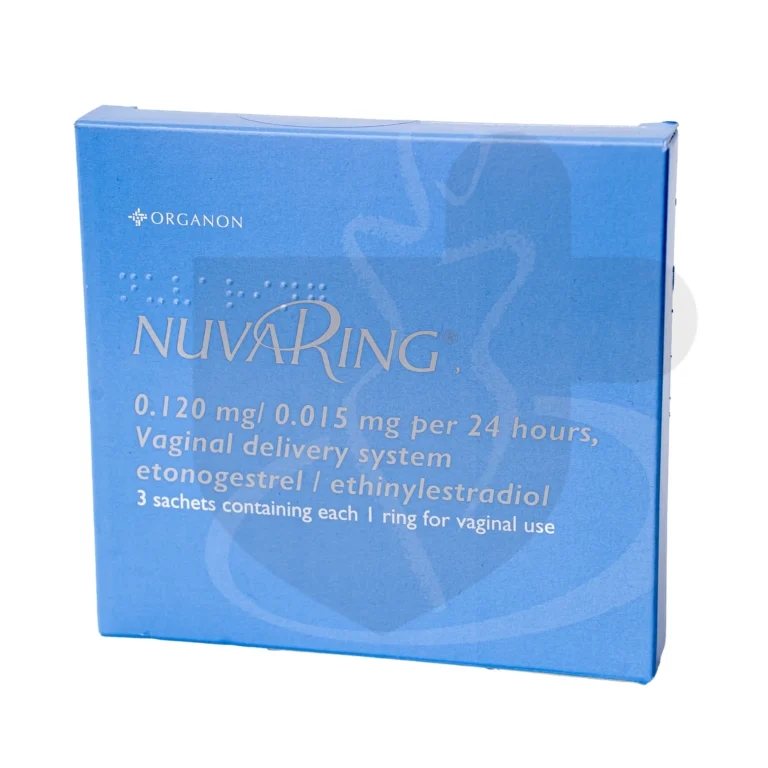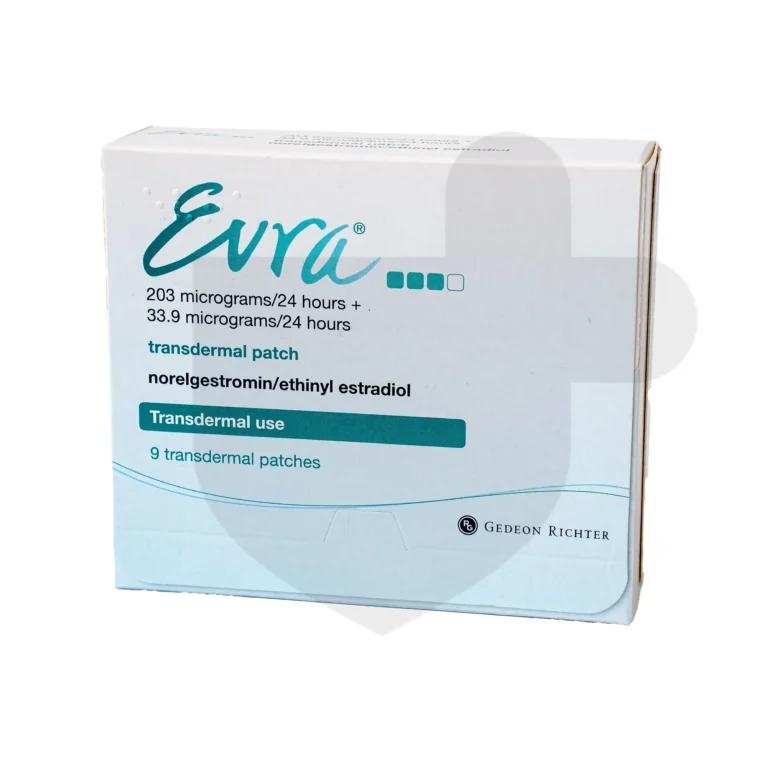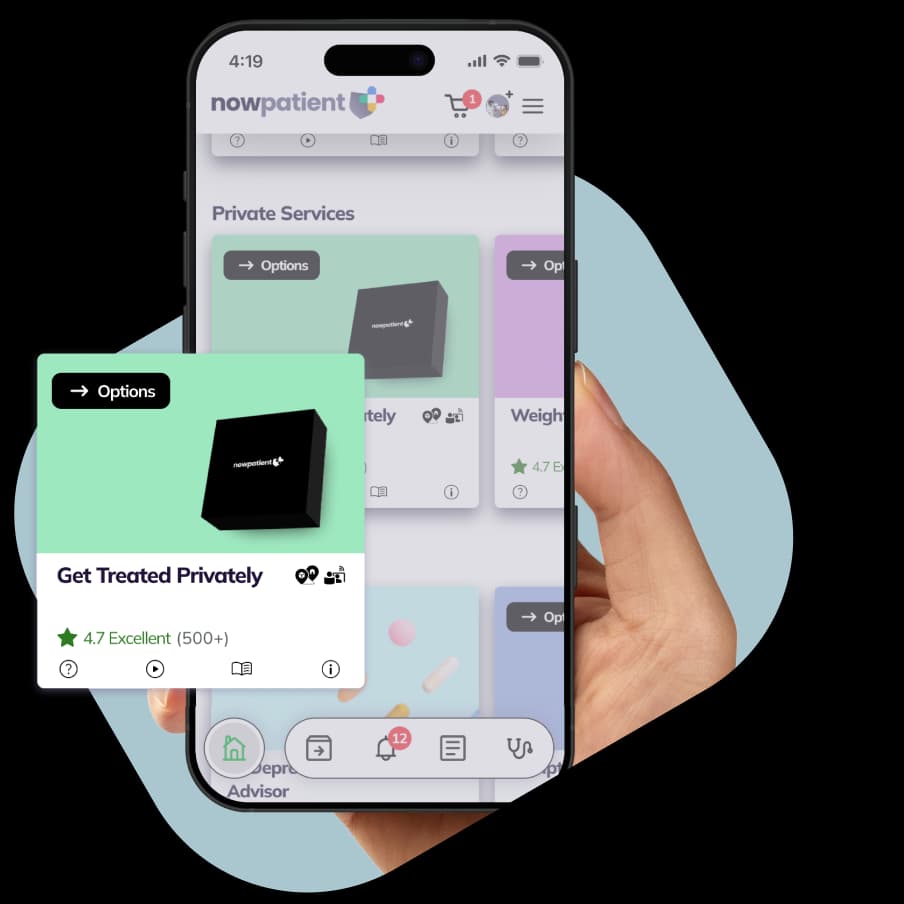Contraceptive Pill Alternatives Treatments
* Includes Free Private Prescription & Consultation.
† Applies to UK only.

START YOUR TREATMENT TODAY
Available Treatments for Contraceptive Pill Alternatives
SAFE PRESCRIBING
Get Started With the Right Treatment for You
MEDICAL INFORMATION
Contraceptive Pill Alternatives Key Facts
Contraceptive pills may not be suitable for you and with so many different types of contraception out there, it’s important to understand what your choices are. Here, we’ll take a look at the different types of birth control out there, and what you should consider when choosing a contraception method that’s right for you.
What are my options for birth control?
Barrier methods
This method prevents the sperm from coming into contact with the egg. These include:
- Male condoms, also known as external condoms
- Female condoms, also known as internal condom
- Diaphragms
- Cervical caps
These contraceptives are available over-the-counter from supermarkets, pharmacies, and sexual health centres. Barrier contraceptives will also provide protection from STIs (sexually transmitted infections).
Hormonal methods
Hormone treatment prevents ovulation (the release of eggs from the ovaries), thickens cervical mucus to slow the movement of sperm, and thins the uterus lining, preventing implantation of the egg. Hormone methods include:
- Birth control pills
- Vaginal rings
- Patches
- Contraceptive injections (Depo-Provera)
- Long-acting hormones such as the ParaGard (copper IUD), Mirena (hormonal IUDs), and Nexplanon (contraceptive implant)
Sterilisation
This is an irreversible surgical procedure. Women undergo tubal ligation of the fallopian tubes, while men will have a vasectomy.
Spermicide or vaginal gel
Spermicides are available as gels, creams, foams, or suppositories. This is a non-hormonal option that slows down the movement or kills sperm. Another non-hormonal option is vaginal pH regulator gel, which also helps stop sperm from reaching eggs. Both spermicides and the vaginal gel are inserted into the vagina before sexual intercourse.
Fertility awareness methods (Natural family planning)
This form of birth control involves monitoring your menstrual cycle. Here, you will avoid sexual intercourse when you are at your most fertile. You will need to check your cervical mucus, basal body temperature, and other signs of fertility. This can be an effective method but will require you to monitor your cycle closely.
Withdrawal method
With the withdrawal method, your partner will need to pull his penis out from your vagina before he ejaculates. This is not a reliable method, as sperm may be present in the pre-ejaculate or your partner may not pull out in time.
Emergency contraception/morning-after pill
Emergency contraception can be used to prevent unwanted pregnancies when contraceptives fail or after unprotected sex. There are a number of options available, such as One-Step and Ella-One. You shouldn’t use emergency oral contraceptive pills regularly. Also, they will not protect you from sexually transmitted diseases.
Factors to think about when choosing birth control
Effectiveness
IUDs (small T-shaped devices) and implants, have higher success rates as they are long-acting and have less chance of being used incorrectly.
Reversibility
Think about whether you will want to start a family in the near future. Short-acting and barrier methods will give you more flexibility, can be easily stopped and are reversible.
IUDs and implants will provide you with contraception for longer, but you may need a healthcare provider to remove them for you. Also, sterilization is a permanent procedure and should only be used as an option if you are 100% certain you will not want to have children in the future.
Religious beliefs
Some types of birth control, such as intrauterine devices or hormonal contraception, may not be acceptable because of your religious beliefs. You should choose an option that does not conflict with your personal thoughts and feelings.
Convenience
Think about the convenience of the birth control method you are planning to use. Think about your lifestyle and whether you will be able to follow a strict plan.
Side effects
Hormonal methods, such as the pill may affect your menstrual cycle, and cause breast tenderness and mood swings. Barrier methods or fertility awareness will have few to no side effects, but are not as reliable. Discuss any medical conditions you may have with your healthcare provider before starting treatment, to find the best form of contraception for you.
Partner acceptance
Speak to your sexual partner when choosing your birth control, to find a method that is right for both of you. Agreement and support from your partner will help you make the best choice.
NuvaRing
NuvaRing is a prescription-only birth control vaginal ring similar to the combined pill in that it releases a combination of hormones into the body that suppresses ovulation and thickens the cervical mucus.
How does NuvaRing work?
You insert the Nuvaring into your vagina, leaving it in place for 3 weeks. After 3 weeks, remove the ring, take a 1-week break, and then insert a new ring to start a new cycle. Nuvaring is a convenient option as it only needs to be inserted once every 3 weeks.
Common side effects of Nuvaring
NuvaRing side effects are typically mild and tend to improve over time. Common side effects include:
- Irritation inside the vagina
- Headaches
- Changes in mood
- Nausea and vomiting
- Vaginal discharge
- Weight gain
- Breast pain, discomfort, or tenderness
- Abdominal cramping
- Acne
- Decreased sexual desire
Speak to your doctor for medical advice if you experience any long-term side effects.
Evra
The Evra Patch is a convenient and effective method for women wanting to prevent pregnancy. This patch contains a combination of a progestin called norelgestromin and an estrogen called ethinyl estradiol.
How does the Evra work?
The Evra Patch delivers a continuous dose of hormones through the skin. The patch is applied once a week, releasing norelgestromin and ethinyl estradiol into your blood. Together they prevent ovulation, thicken the cervical mucus and thin the lining of the uterus to prevent implantation of the egg.
Common side effects of Evra
Common side effects include:
- Skin irritation at the application site
- Nausea and vomiting
- Headache
- Bloating
- Breast tenderness
- Swelling of the ankles and/or feet
- Changes in weight
- Spotting or breakthrough bleeding between periods
Serious side effects of Evra
Serious side effects include:
- Lumps in the breast
- Mood changes
- Severe stomach or abdominal pain
- Unusual changes in vaginal bleeding
- Dark urine and yellowing of the eyes or skin, indicating liver problems
- Blood clots
- Allergic reactions
Not everyone will experience these side effects, and many women using Evra do not have any significant side effects, however, speak to your doctor if you have any concerns about side effects caused by Evra.
Sayana Press
Sayana Press is a contraceptive injection offering a more convenient and effective method of birth control.
How does Sayana Press work?
Sayana Press releases progestogen into the bloodstream to prevent pregnancy. Progestogen prevents ovulation and thickens the cervical mucus, making it more difficult for sperm to pass through the cervix. Sayana Press also thins the lining of the womb, making it more difficult for a fertilized egg to implant itself in the wall of the uterus.
Common side effects of Sayana Press
These include changes in your menstrual cycle, irregular bleeding, heavier or lighter periods, changes in your weight, infections at the injection site and allergic reactions. If you do notice signs of an infection or an allergic reaction speak to a healthcare professional for medical attention immediately.
Making an informed decision
By understanding the options available to you, you will be able to make well-informed decisions about which birth control method is best for you.
Speak to your doctor or nurse at the family planning clinic about your options. They’ll be able to give you everything you need to know to make the right choice.
Sources
- NHS – Contraceptive Pill Alternatives
- Mayoclinic – Contraceptive Pill Alternatives
- Clevelandclinic – Contraceptive Pill Alternatives
- Nuvaring – Contraceptive Pill Alternatives
- WebMD – Contraceptive Pill Alternatives
Medical Disclaimer
NowPatient has taken all reasonable steps to ensure that all material is factually accurate, complete, and current. However, the knowledge and experience of a qualified healthcare professional should always be sought after instead of using the information on this page. Before taking any drug, you should always speak to your doctor or another qualified healthcare provider.
The information provided here about medications is subject to change and is not meant to include all uses, precautions, warnings, directions, drug interactions, allergic reactions, or negative effects. The absence of warnings or other information for a particular medication does not imply that the medication or medication combination is appropriate for all patients or for all possible purposes.
Related Articles
OUR CUSTOMERS VIEW
What Customers Love About Our Service
We want everyone to be happy and healthy, that’s what keeps us going. Read what some of them have to say about us.
Medicines Experts
Meet Our Medical Team
We are a broad skilled and passionate group of clinicians with experience of operating in health systems in the United Kingdom & United States. Providing excellent care and advice is at the heart of everything we do. You can read more about our medical team by visiting the medical team page or learn more about how we curate content by visiting our editorial process






















